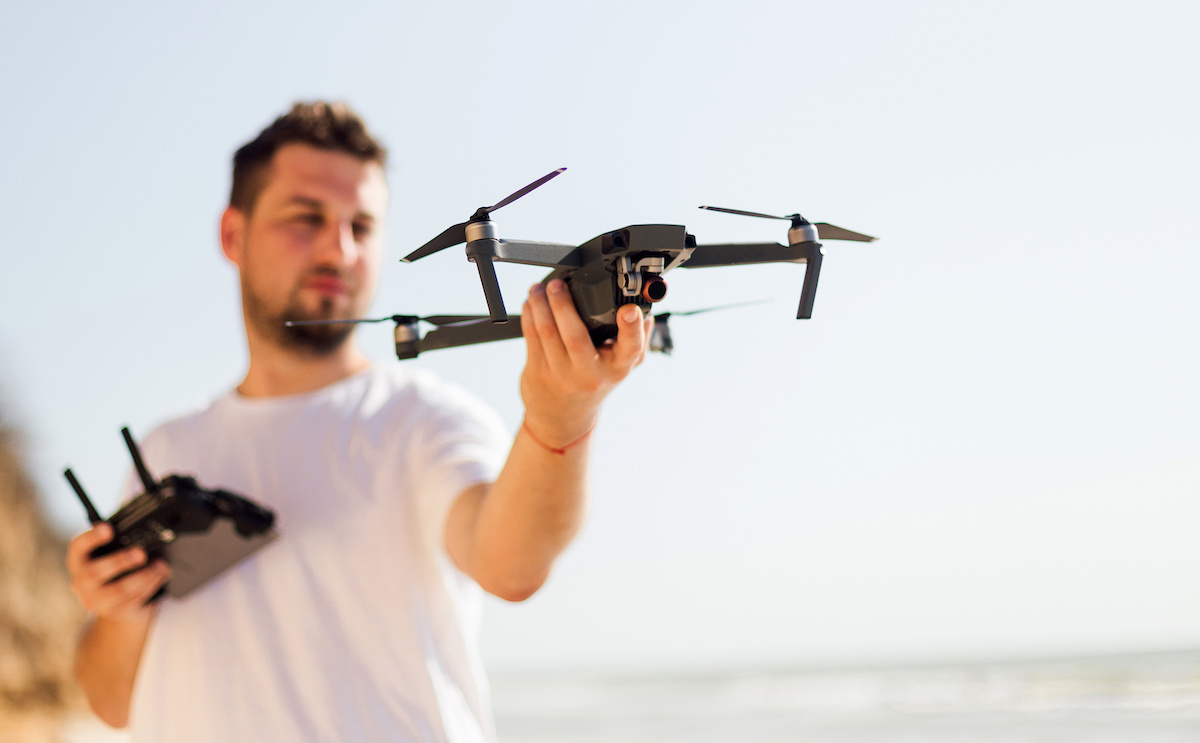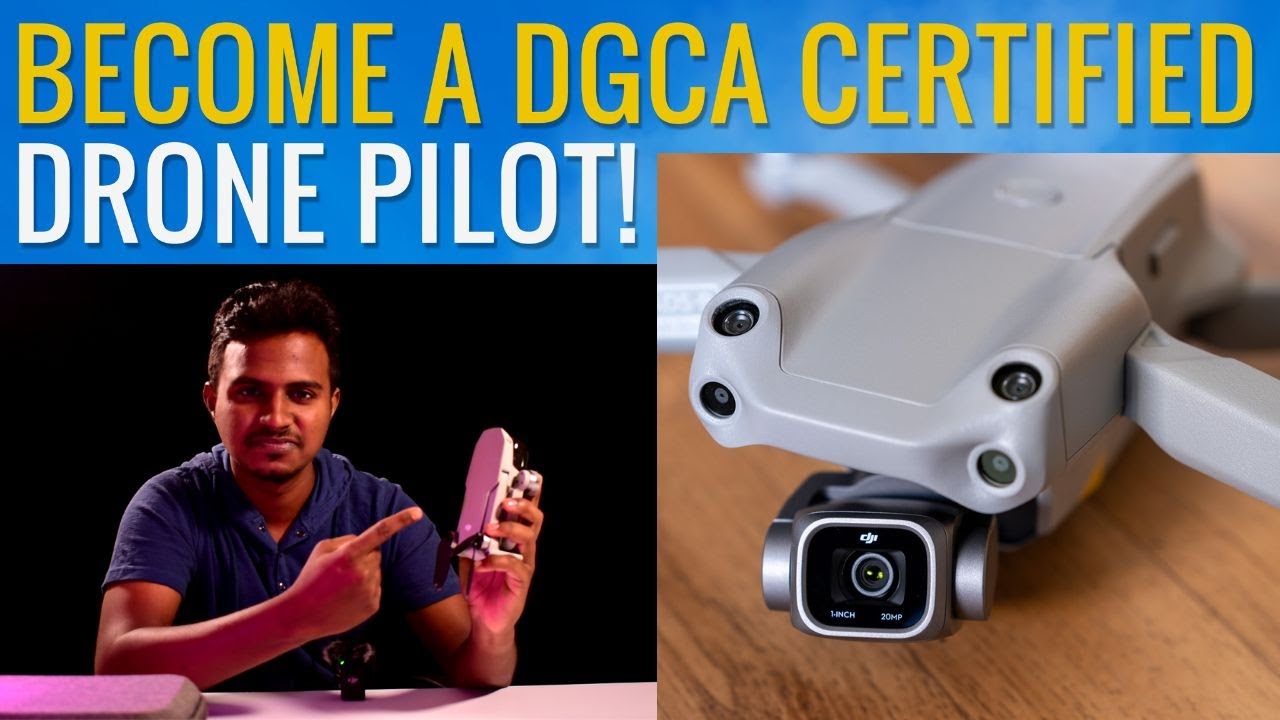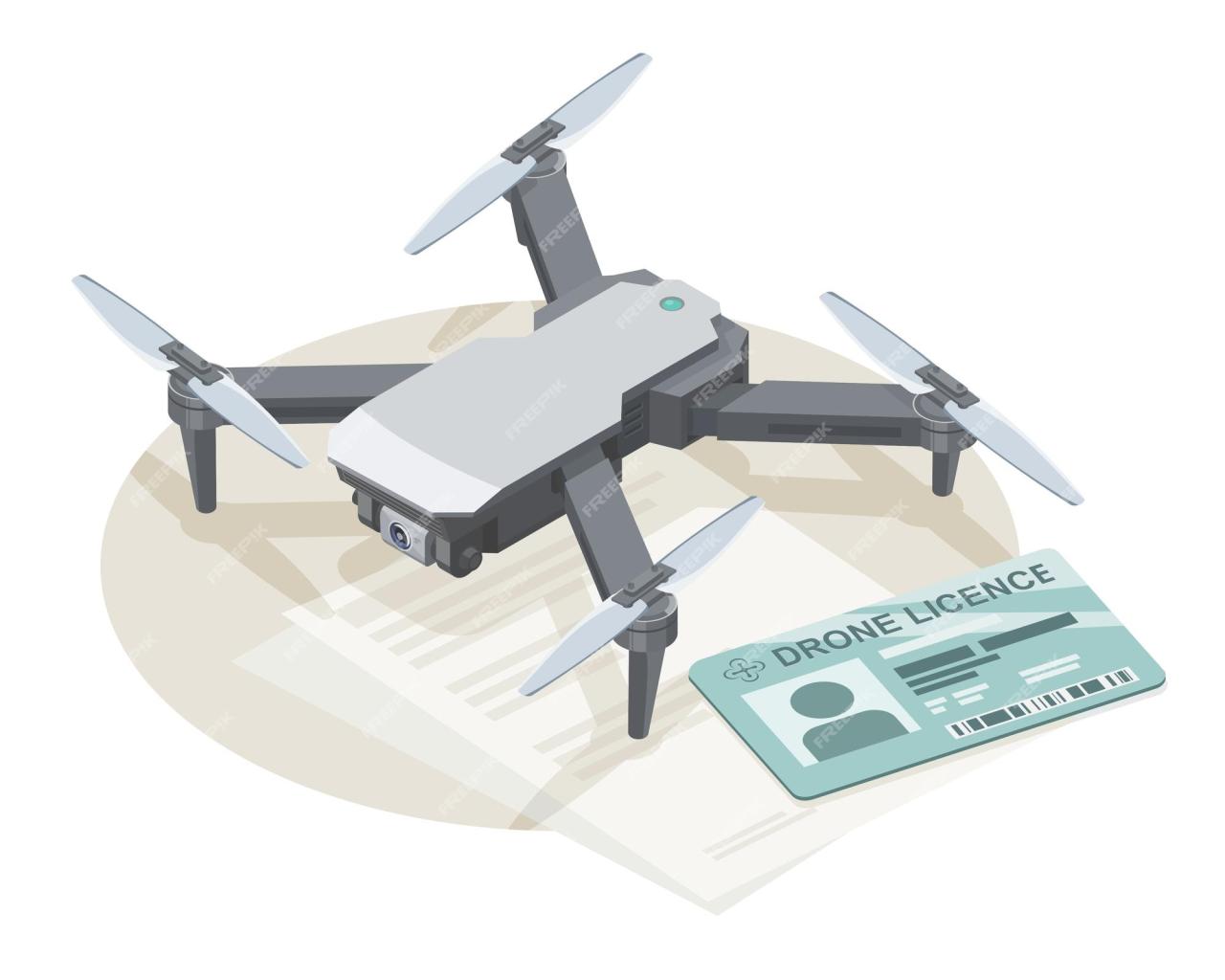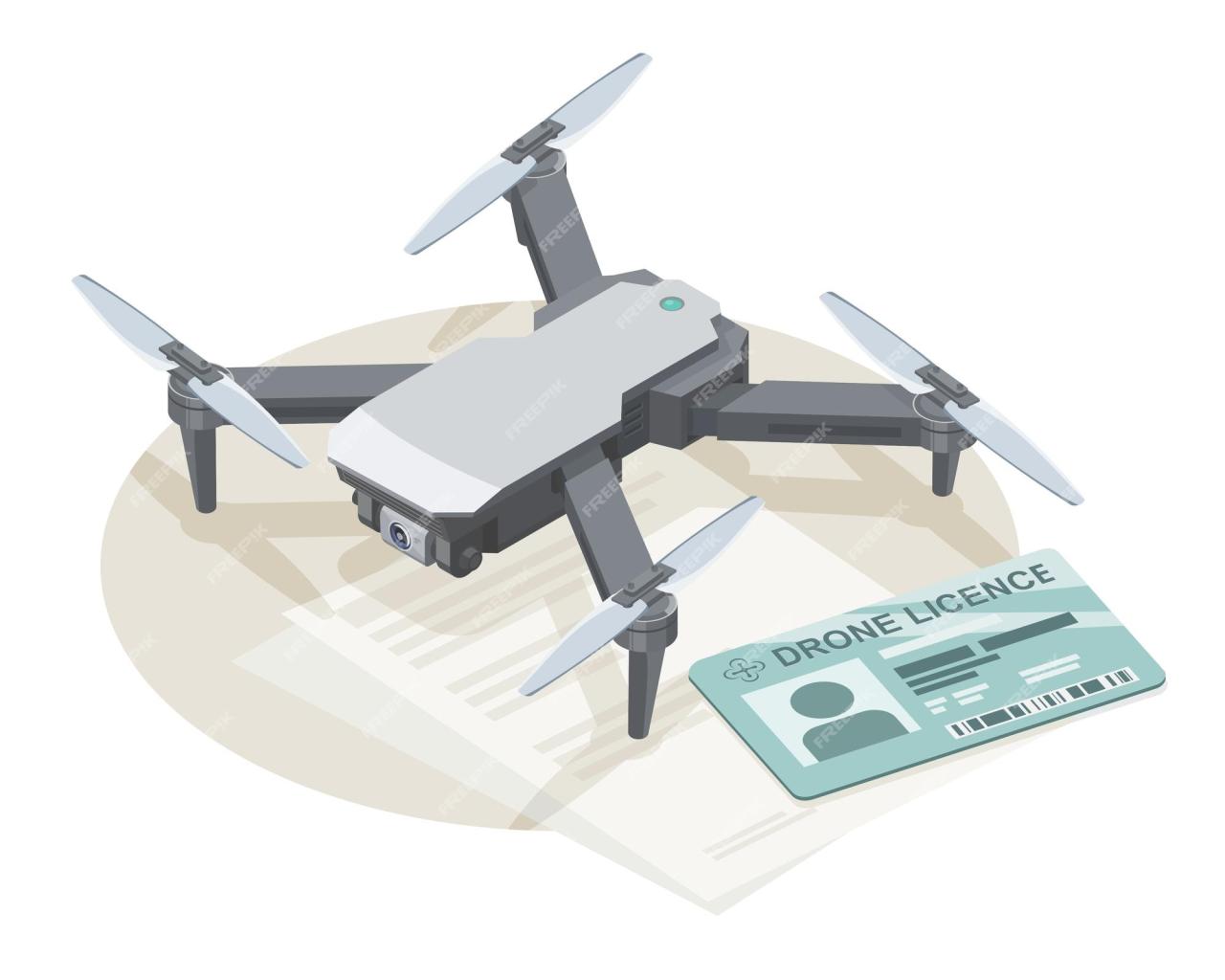Drone Pilot License Canada: So you want to fly drones legally in Canada? It’s more than just strapping on some goggles and taking off! This guide breaks down everything you need to know about obtaining your drone pilot license, from understanding the different license classes and their restrictions to navigating the application process and staying compliant with Canadian regulations.
We’ll cover essential safety procedures, explore career paths in the drone industry, and even discuss insurance options. Let’s get you airborne safely and legally.
This comprehensive guide will walk you through each step, from choosing the right license class based on your needs and intended use, to understanding the required training and examinations. We’ll delve into the specifics of Canadian drone regulations, ensuring you’re well-versed in safe and responsible flight practices. We’ll also explore the exciting career opportunities available to licensed drone pilots in Canada, highlighting the various industries and roles that utilize this increasingly in-demand skill set.
Types of Drone Pilot Licenses in Canada
Canada’s drone regulations categorize pilot licenses based on the complexity and risk associated with drone operations. Understanding these categories is crucial for safe and legal drone flying.
Basic Drone Pilot Certificate
This is the entry-level license, ideal for recreational and some basic commercial uses. It allows operation of smaller drones within specific limitations.
| License Class | Operational Limits | Requirements | Associated Fees |
|---|---|---|---|
| Basic Drone Pilot Certificate | Typically limited to visual line of sight (VLOS) operations, under 35kg, and specific airspace restrictions. | Online knowledge test. | Nominal fee for the online test. |
Advanced Drone Pilot Certificate

This license permits more complex operations, including beyond visual line of sight (BVLOS) flights under certain conditions, and the operation of larger drones.
| License Class | Operational Limits | Requirements | Associated Fees |
|---|---|---|---|
| Advanced Drone Pilot Certificate | May include BVLOS operations with specific authorizations, potentially higher weight limits, and expanded operational areas. | Requires passing a more rigorous practical and written exam. | Higher fee compared to the Basic Certificate, covering exam and processing costs. |
The key difference lies in the operational complexity and the level of testing required. The Advanced certificate opens up more possibilities, but demands a greater understanding of regulations and safety procedures.
Application Process for a Drone Pilot License

Obtaining a drone pilot license in Canada involves a straightforward process, but careful attention to detail is crucial.
Step-by-Step Application Guide
- Create a Transport Canada account: Register online through the Transport Canada website.
- Complete the application form: Provide accurate personal information and details about your intended drone operations.
- Upload required documents: This might include identification, proof of address, and any relevant training certifications.
- Pay the applicable fees: Fees vary depending on the license type.
- Schedule and complete the knowledge test: The online test assesses your understanding of drone regulations and safety procedures.
- (For Advanced Certificate) Schedule and complete the practical exam: This involves demonstrating safe and competent drone operation under supervision.
- Receive your license: Upon successful completion of all requirements, your license will be issued electronically.
Thorough preparation for the knowledge and practical exams is essential for a successful application. Numerous online resources and training programs can help.
Regulations and Requirements for Drone Operation in Canada
Safe and responsible drone operation is paramount. Adherence to Transport Canada regulations is mandatory to avoid penalties.
Thinking about getting your drone pilot license in Canada? It’s a great way to open up opportunities in the industry. You might even consider specializing in larger systems, learning to operate something like a predator drone , though that requires advanced training and certification. Regardless of your chosen path, a solid foundation in drone piloting through a proper licensing program is key to a successful career.
Key Regulations and Safety Procedures, Drone pilot license canada
- Maintain visual line of sight (VLOS) unless authorized for BVLOS operations.
- Operate at a safe altitude, generally below 122 meters (400 feet).
- Respect airspace restrictions around airports and other sensitive areas.
- Never fly near people or property without permission.
- Ensure your drone is properly registered.
- Always conduct pre-flight checks, including battery level, GPS signal, and propeller condition.
Pre-Flight Safety Checklist
- Inspect the drone for any damage.
- Check battery charge and ensure sufficient flight time.
- Verify GPS signal strength and accuracy.
- Review weather conditions and ensure safe flying environment.
- Confirm airspace restrictions and clearances.
- Have a plan for emergency situations.
Drone Pilot Training and Certification Programs
Numerous training programs prepare aspiring drone pilots for the licensing exams and responsible operation. Choosing a reputable program is crucial for success.
Thinking about getting your drone pilot license in Canada? Before you fly, make sure your drone’s connection is solid; you’ll need a strong signal. Knowing your wifi frequency is key, so check it easily by following these steps on how to check your wifi ghz on iphone: how to check your wifi ghz on iphone. A strong 5GHz connection can significantly improve your drone’s performance and range, ensuring a successful flight and a smooth path towards your license.
Comparison of Training Programs
| Program Name | Program Length | Cost | Certification Awarded |
|---|---|---|---|
| Example Program A | 2 days | $500 – $1000 | Basic Drone Pilot Certificate preparation |
| Example Program B | 5 days | $1500 – $2500 | Advanced Drone Pilot Certificate preparation |
| Example Program C | Online Course | $200 – $500 | Basic Drone Pilot Certificate preparation |
The cost and length of programs vary significantly depending on the curriculum and level of instruction. Consider your budget and learning style when making a selection.
Career Opportunities for Drone Pilots in Canada
The demand for skilled drone pilots is growing across various sectors, offering diverse career paths.
Industries and Job Roles
- Agriculture: Crop monitoring, precision spraying.
- Construction: Site surveying, progress monitoring.
- Infrastructure Inspection: Bridge, pipeline, and power line inspections.
- Film and Media: Aerial cinematography and photography.
- Search and Rescue: Locating missing persons or assessing disaster areas.
- Law Enforcement: Surveillance and evidence gathering.
The salary range varies depending on experience, skills, and the specific industry. Generally, experienced pilots in specialized fields command higher salaries.
Thinking about getting your drone pilot license in Canada? Awesome! You’ll need a powerful computer for flight simulation and data analysis, so check out this great resource for building your own rig: pc builder. A custom-built PC will give you the processing power needed to ace your drone license exams and handle post-flight data processing smoothly.
Insurance and Liability for Drone Pilots
Comprehensive insurance is crucial to protect against potential liabilities arising from drone operations.
Types of Insurance Coverage

Drone insurance policies typically cover damage to the drone, third-party liability for property damage or injury, and potentially legal expenses. The level of coverage needed depends on the type and frequency of drone operations. Higher risk operations (e.g., BVLOS flights) require more extensive coverage.
Renewal and Maintenance of Drone Pilot Licenses
Maintaining a valid drone pilot license involves timely renewal and adherence to ongoing regulations. Failure to do so can result in significant penalties, including fines and potential legal action. The renewal process typically involves an online application and payment of the renewal fee. Staying updated on any changes to regulations is also crucial for maintaining a valid license.
Regularly review Transport Canada’s website for any updates or modifications to the rules and regulations governing drone operation in Canada.
Concluding Remarks
Becoming a licensed drone pilot in Canada opens up a world of opportunities, from recreational flying to exciting professional careers. By understanding the regulations, completing the necessary training, and maintaining a valid license, you can safely and responsibly enjoy the benefits of this rapidly growing technology. Remember to prioritize safety, always check the airspace before flying, and stay updated on any changes to regulations.
Safe flying!
Query Resolution: Drone Pilot License Canada
What is the age requirement for a drone pilot license in Canada?
There’s no minimum age, but you must be capable of understanding and following the regulations.
How long does it take to get a drone pilot license?
The time varies depending on the license class and how quickly you complete the training and application process. It could range from a few weeks to a few months.
Can I fly my drone at night?
Night flying is generally restricted unless you have specific exemptions or permissions.
What happens if I lose my drone pilot license?
You’ll need to reapply and potentially retake any necessary examinations.
